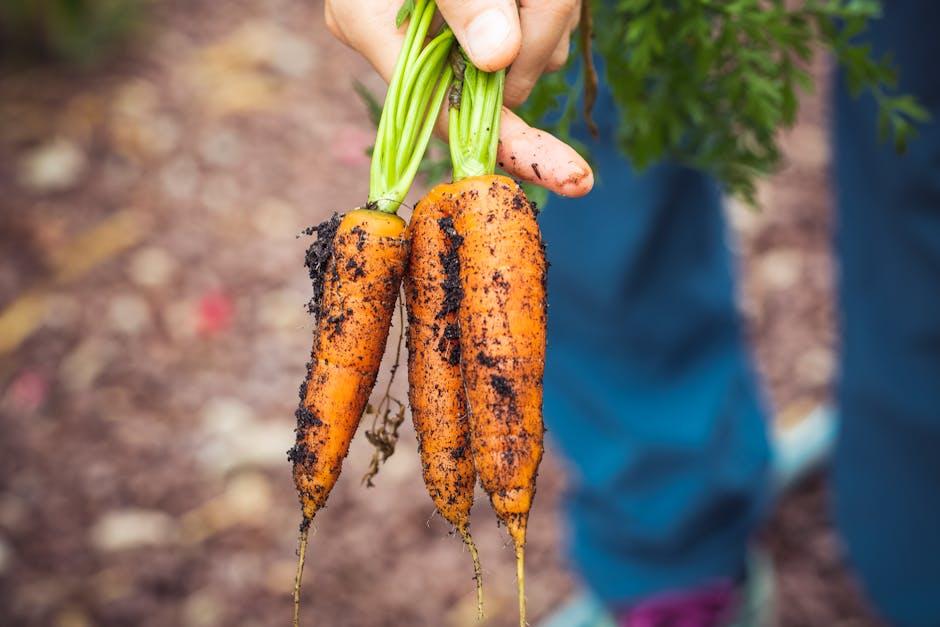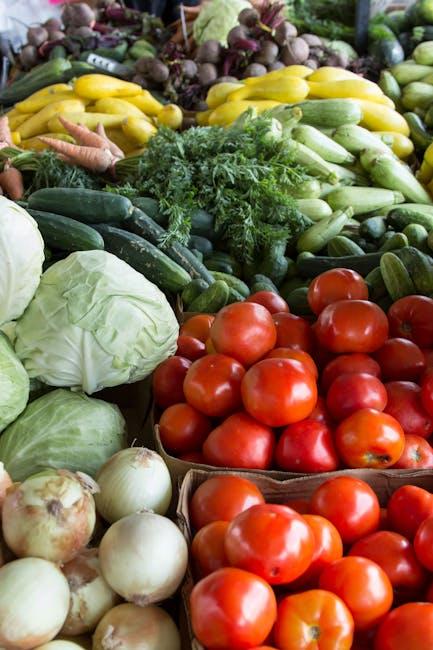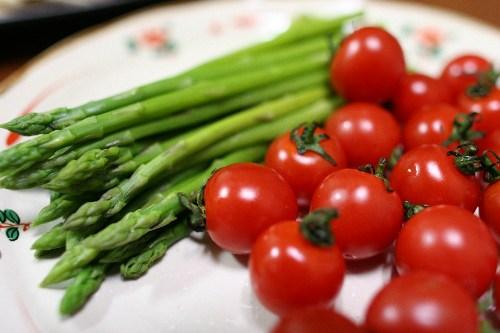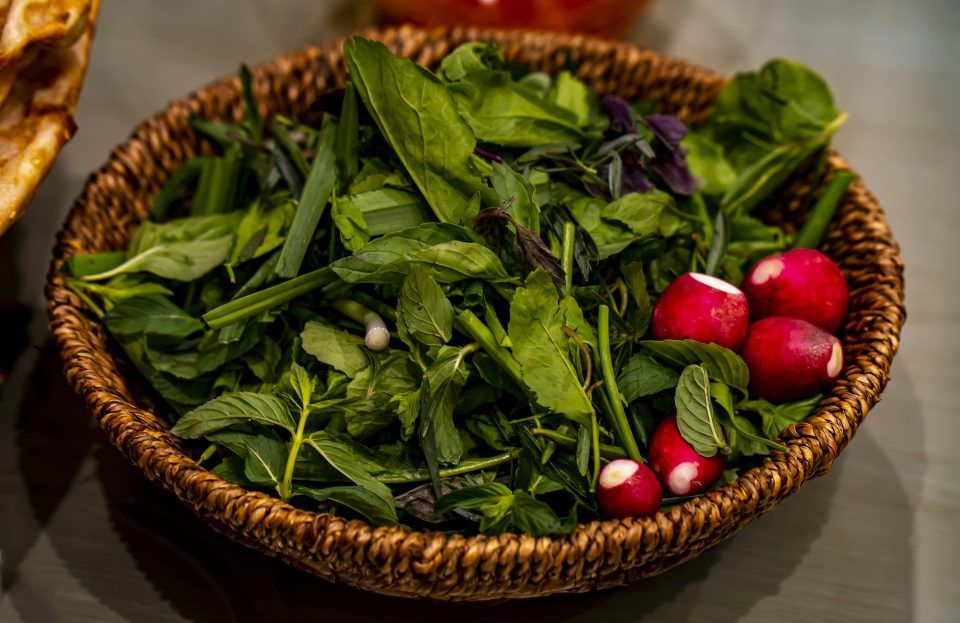In the vibrant world of vegetables, a silent debate simmers in kitchens across the globe: fresh or frozen? As the culinary landscape evolves and our lives become increasingly fast-paced, the choice between fresh and frozen vegetables has become more pertinent than ever. On one hand, the allure of fresh produce, with its vivid colors and tantalizing textures, promises a feast for the senses and a connection to nature’s bounty. On the other, frozen vegetables offer convenience, longevity, and, perhaps surprisingly, a comparable nutritional profile. This article delves into the heart of this dilemma, weighing the pros and cons to help you decide whether you should prioritize fresh over frozen vegetables in your culinary adventures.
Nutrient Showdown Fresh vs Frozen Vegetables
When it comes to deciding between fresh and frozen vegetables, it might seem like a straightforward choice, but the nutrient content can vary based on several factors. Fresh vegetables are often celebrated for their taste and texture, picked at the peak of ripeness and consumed shortly after harvest. However, they can lose nutrients during transportation and storage. On the other hand, frozen vegetables are usually frozen soon after harvesting, which can lock in vitamins and minerals. This preservation method can sometimes mean that frozen vegetables have a higher nutrient density compared to their fresh counterparts that have traveled long distances.
Consider the following points when making your choice:
- Storage and Shelf Life: Fresh vegetables need to be consumed relatively quickly, whereas frozen options offer the convenience of a longer shelf life without significant nutrient loss.
- Seasonality: Frozen vegetables allow you to enjoy out-of-season produce with minimal nutrient compromise.
- Cost Efficiency: Frozen vegetables can be more budget-friendly, especially when purchasing in bulk.
Ultimately, both fresh and frozen vegetables can be part of a healthy diet, offering unique advantages depending on your lifestyle and nutritional needs.

The Environmental Impact of Your Vegetable Choices
- Transportation and Storage: Fresh vegetables often require more energy for transportation and storage. They need to be transported quickly to preserve freshness, which typically involves refrigerated trucks. This increases carbon emissions compared to frozen vegetables, which can be transported in bulk and stored for longer periods.
- Packaging: Fresh produce generally involves less packaging than frozen alternatives, which are often sealed in plastic bags or boxes. However, the overall environmental cost can vary depending on how long the fresh produce remains viable and how often it is discarded due to spoilage.
- Energy Consumption: The freezing process itself consumes energy, but it can extend the shelf life of vegetables significantly, reducing food waste. Food waste contributes to greenhouse gas emissions, so the longer shelf life of frozen vegetables can be an advantage in this regard.
- Seasonality: Opting for seasonal fresh vegetables can lower the environmental footprint as they don’t require extensive transportation or artificial growing conditions. However, when out of season, these vegetables might have a higher impact due to importation from distant regions.
Ultimately, is a complex balance of transportation, storage, packaging, and seasonality. While fresh vegetables have their benefits, frozen options can often offer a more sustainable choice depending on various factors. Consider these elements to make more informed decisions about your vegetable consumption.

Cost and Convenience Weighing Your Options
When navigating the vegetable aisle, the choice between fresh and frozen often boils down to a balance between cost and convenience. Fresh vegetables, with their vibrant colors and enticing aromas, can sometimes come with a heftier price tag, particularly if they are out of season or organic. Conversely, frozen vegetables offer a budget-friendly alternative, often available at a fraction of the cost and with a longer shelf life, reducing the risk of waste.
- Cost Efficiency: Frozen vegetables are typically less expensive and can be purchased in bulk without the fear of spoilage.
- Time-Saving: Pre-cut and pre-washed, frozen options save valuable prep time, making them a convenient choice for busy lifestyles.
- Availability: Unlike their fresh counterparts, frozen vegetables are available year-round, unaffected by seasonal changes.
Ultimately, your choice might depend on your cooking habits and priorities. If the aim is to enjoy vegetables with minimal effort and cost, frozen options may be your go-to. However, if you relish the experience of selecting and preparing produce, fresh vegetables might be worth the extra investment.
Expert Tips for Making the Best Vegetable Choice
When selecting vegetables, understanding the nuances between fresh and frozen can help elevate your culinary experience. Here are some expert tips to guide your choice:
- Assess Nutrient Retention: While fresh vegetables are often praised for their flavor and texture, frozen vegetables are typically harvested at peak ripeness and flash-frozen to lock in nutrients. Consider your nutritional priorities when making your selection.
- Factor in Convenience: Frozen vegetables offer a longer shelf life and are pre-washed and pre-cut, saving you valuable prep time. If you’re juggling a busy schedule, this might be a more practical option.
- Evaluate Seasonal Availability: Fresh vegetables are subject to seasonal fluctuations, impacting both their availability and cost. Frozen options provide a consistent quality year-round, making them a reliable choice when certain fresh vegetables are out of season.
Ultimately, the decision between fresh and frozen vegetables should align with your personal preferences and lifestyle needs. By considering these expert insights, you can make an informed choice that satisfies both your palate and nutritional goals.
In Retrospect
As we conclude our exploration into the vibrant world of vegetables, both fresh and frozen, it becomes clear that the choice between the two is not a matter of right or wrong, but rather one of personal preference and circumstance. Fresh vegetables offer a sensory delight with their crisp textures and garden-fresh aromas, often serving as the centerpiece of seasonal meals. On the other hand, frozen vegetables stand as a testament to modern preservation, capturing nutrients at their peak and providing a convenient, long-lasting option for the time-strapped cook.
Ultimately, the decision rests on your individual lifestyle, dietary needs, and culinary goals. Whether you revel in the tactile experience of selecting the perfect bunch of kale at the farmers’ market or find solace in the reliability of a freezer stocked with vibrant peas and corn, both choices contribute to a healthier, more balanced diet. As you stand at the crossroads of fresh and frozen, remember that the best choice is the one that seamlessly integrates into your life, nourishing both body and soul. So, venture forth, fork in hand, and savor the bounty of the earth in all its glorious forms.

